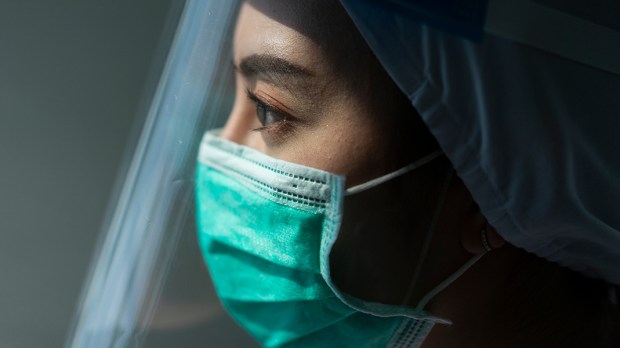Caring for the sick and the suffering has radically changed over the centuries. What started out as a rare skill to save a person’s life has now become a business, often more concerned about numbers than people.
This is something that Pope Benedict XVI spoke against in an address in 2012 to health care workers. He warned against hospitals viewing their services as “products,” that fluctuate according to the market.
In this very context hospitals and structures for assistance must rethink their role to prevent health, first and foremost a universal good to be guaranteed and defended from becoming a mere “product” subjected to the laws of the market, hence accessible to few. The special attention owed to the dignity of the suffering can never be forgotten, applying also in the context of health-care policies the principles of subsidiarity and solidarity.
The medical world has changed drastically over the last century and this has led to a view of the patient as a number, rather than a human person.
Today, although on the one hand because of the progress in technology and science the ability to heal the sick physically is increasing, on the other, the ability to “care for” the patient, seen in his integrity and uniqueness, appears to be weakening. Thus the ethical horizons of medical science that risks forgetting that its vocation is to serve every person and the whole person, in the various phases of his or her life, seem to be dulled. It is to be hoped that the language of the “Christian science of suffering” — to which belong compassion, solidarity, sharing, self-denial, giving freely, the gift of self — become the universal lexicon of those who work in the sector of health-care assistance.
The key to understanding the medical profession is to be seen in the actions of the Good Samaritan.
Dear friends, this healing and evangelizing assistance is the task that always awaits you. Now more than ever our society needs “Good Samaritans” with generous hearts and arms wide open to all, in the awareness that “The true measure of humanity is essentially determined in relationship to suffering and to the sufferer.” This “going beyond” the clinical approach opens you to the dimension of transcendence.
As health care workers increase in their importance during these difficult times, Pope Benedict urges us to see each patient as a human person and not simply a dot on a graph.

Read more:
Prayer to St. Luke for those going into surgery

Read more:
A wonderful prayer composed by St. John Paul II for healthcare professionals

